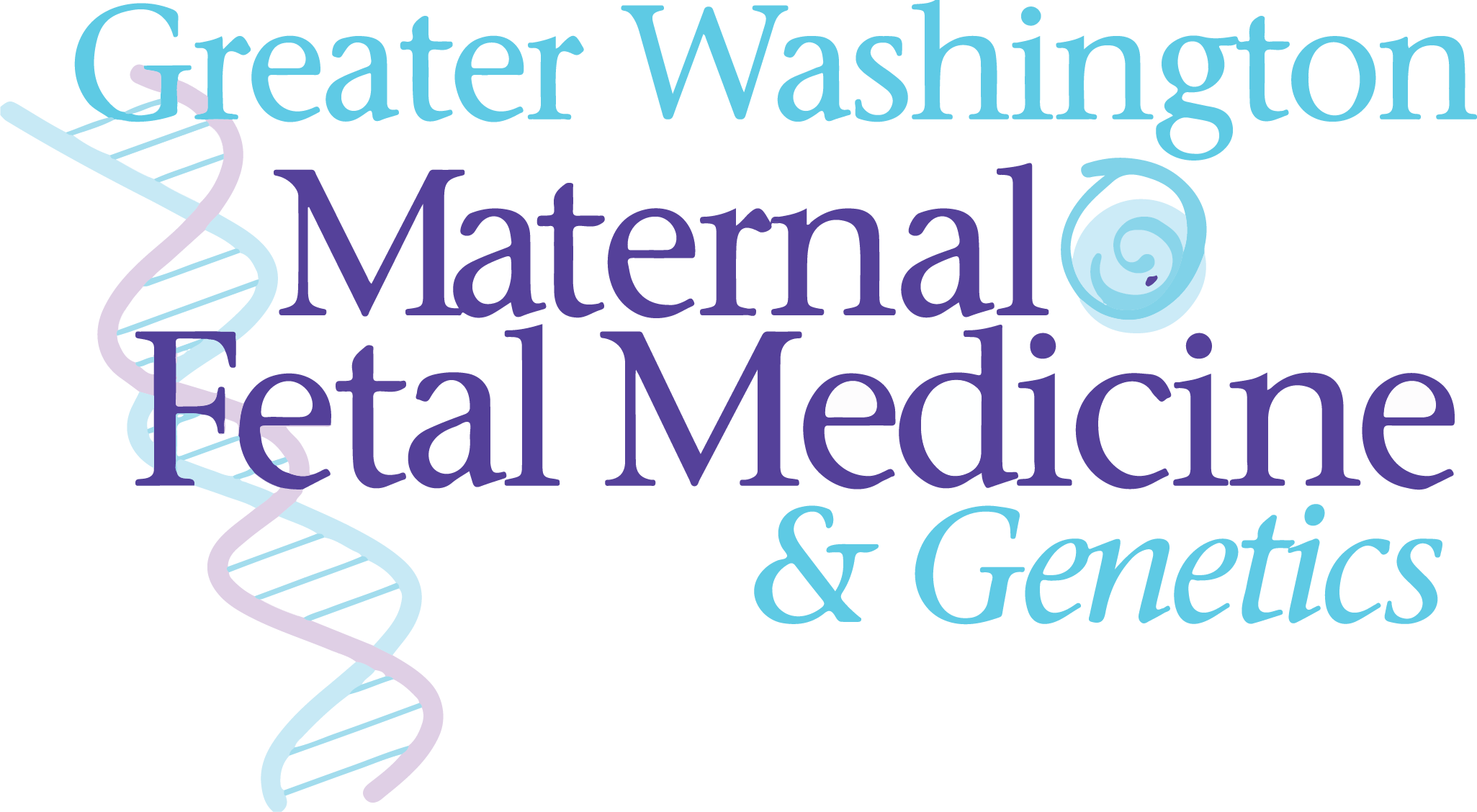Fetal Echocardiogram: Common Questions From Expecting Parents
September 14, 2018
 What Is A Fetal Echocardiogram?
What Is A Fetal Echocardiogram?
A fetal echocardiogram is a specialized ultrasound that takes detailed images of the fetal heart. Using sound waves, the ultrasound maps out the shape and development of the interior and exterior of the heart. It can also show the cardiac blood flow and heartbeat rhythm. Using the results of these scans, doctors can detect cardiac dysfunction and abnormalities during fetal development.
A fetal echocardiogram is performed between 20 and 22 weeks gestation and may be performed later depending on the circumstances. The fetal echocardiogram may be completed around the same time as the anatomy ultrasound in order to get this best picture of the anatomy of the fetus.
Fetal echocardiogram evaluation is not performed for all pregnancies. The standard ultrasound performed during pregnancy is appropriate for many pregnant women. However, if additional medical or family history indicates a need for a closer, more in-depth study of the fetal heart, a fetal echocardiogram may be recommended.
Why Does My Baby Need One?
Your physician may recommend a fetal echocardiogram for various reasons. Initial ultrasound evaluation, or maternal or fetal risk factors may lead to further evaluation through fetal echocardiogram. Possible risk factors include:
Maternal Risk Factors
- Maternal health concerns, such as diabetes or autoimmune diseases
- Medication use: some medications increase the risk for cardiac defects when taken at specific times during pregnancy
- Family history of cardiac issues
- Alcohol or drug use during the pregnancy
- Maternal infection with rubella during the pregnancy
Fetal Risk Factors
- Developmental issues found during a routine ultrasound
- Diagnosis of chromosomal or other genetic disorder
- Abnormal heartbeat or rhythm
- Abnormal amniocentesis
- Pregnancy achieved via in-vitro fertilization
Fetal echocardiogram is not associated with an increased risk for mother or fetus. The fetal echocardiogram is a safe procedure using low ultrasound settings and is performed by a highly-trained professional.
What Is The Next Step?
If the fetal echocardiogram does not indicate any concerns, return to regular follow-up with the physician may be recommended to further monitor the pregnancy. Should the echocardiogram indicate high concern for a heart defect or abnormality, your physician and maternal-fetal medicine specialist will review and explain the results to you. Further follow-up with the physician and maternal-fetal medicine specialist may be indicated. Consultation with a pediatric cardiologist or other specialists may also provide helpful information when creating a birth plan, considering pregnancy management, or considering further testing. Further testing may also be offered in order to gather more information regarding possible genetic or chromosomal causes.
Depending on the heart defect present, treatment may require medications or surgery. Your doctor may also provide resources for parental counseling and support; these resources can be helpful when making difficult decisions.




